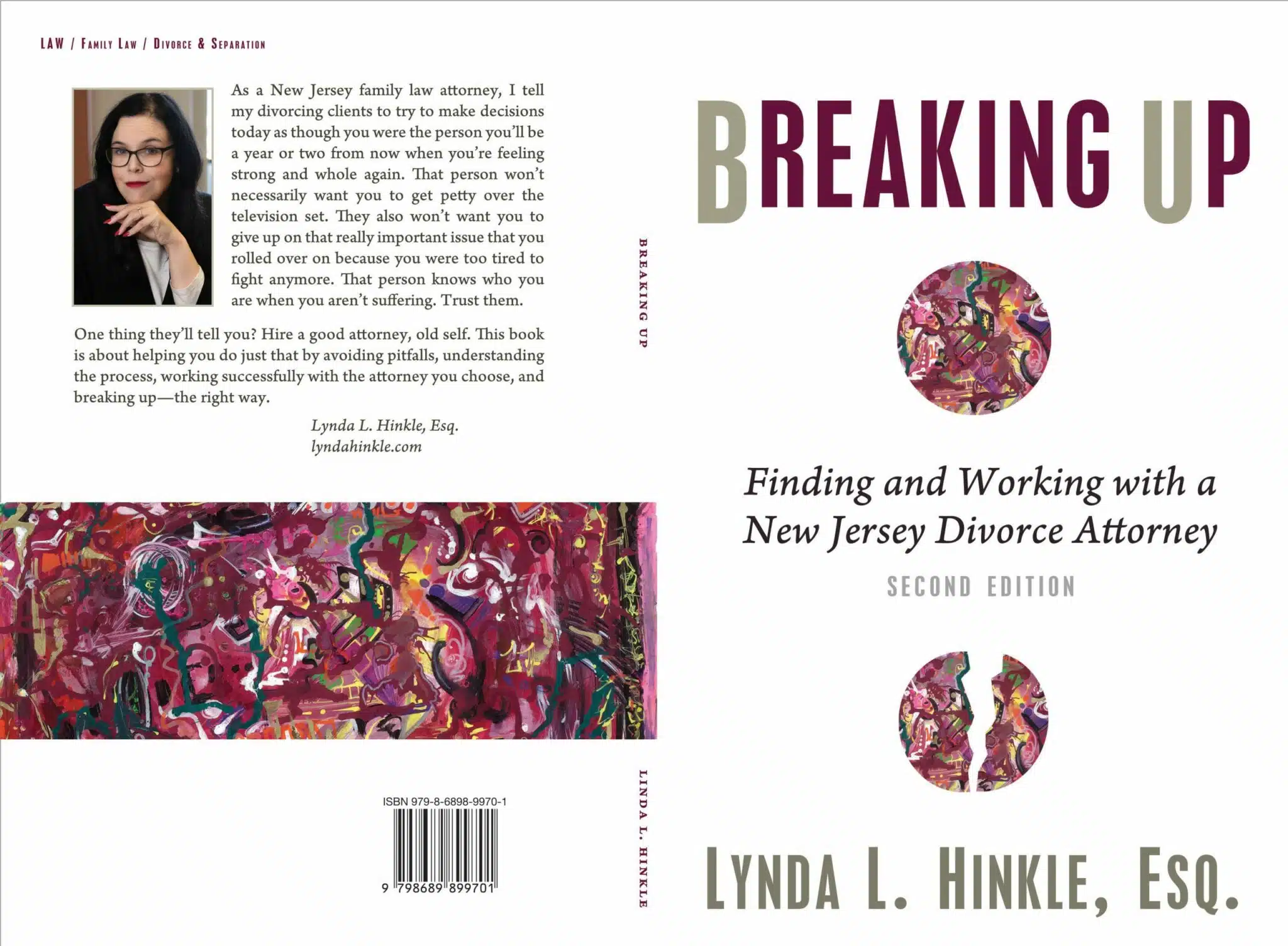Other than their home, a couple’s retirement funds are often their most valuable assets, and the question of who gets retirement funds in a divorce is a tricky one. Retirement funds are generally considered joint property, to be split equitably in the event of a divorce. The laws pertaining to the division of retirement funds, however, are complex, and if not handled correctly can result in financial losses for one or both parties in the split.
Here are some of the basic things you need to know about your retirement funds in a divorce:
- Only funds created or monies contributed during the marriage are subject to division. Any funds you created prior to the marriage belong to you, but beware: in some states the interest or earnings accrued to these accounts during the marriage are also considered joint marital property.
- Since retirement funds are subject to fluctuations in market value, it’s important that you designate the amount to be split by a percentage value, not a dollar amount. If a fund you own loses value, you may have ended up agreeing to give a larger portion to your ex, or even end up having to pay them out of pocket for a fund that is worth less than the amount designated when you made your agreement.
- You can agree to a present-day valuation buy-out, in which one party agrees to accept cash or goods of comparable value to the retirement fund, based on the current value of the retirement assets. This dispenses with the at times tricky procedural requirements for splitting up the funds.
- IRAs are governed by State laws, and are divided using a process called a “transfer incident to divorce”. If done correctly, this allows the IRAs to be considered as roll-overs, and avoids the early withdrawal penalties normally imposed on such accounts. However, it does not prevent the funds from being subject to taxation under some circumstances (such as the transfer of funds from a 401k to an IRA).
- Qualifying accounts such as 401Ks and 403(b)s are governed by Federal laws, and must be distributed using a Qualified Domestic Relations Order (QDRO). The QRDRO is a court order that companies who manage funds must comply with, which allows these types of funds to be distributed to both parties without penalties or taxation. They should be submitted to the pension or retirement plan before the divorce, and should be detailed and specific to the fund that is being divided, or they may not work as intended.
- It’s important to get this process started before the divorce, because if, for instance, a spouse dies after the divorce is finalized, but before the QDRO has been executed, the surviving spouse gets nothing.
- Military pensions, and federal, state, county and city retirement plans all have their own rules for division. Know the specifics of your plan, and consult an attorney to determine the best way to divide these assets.
- Be sure to change the beneficiary information on your retirement accounts, as well as any life insurance policies or annuities. Members of the military and federal employees must change the designation on the appropriate beneficiary designation form.
- If funds are not labelled correctly and the proper authorities are not notified in the correct way, the consequences can be very bad. For instance, you may be compelled to make tax payments and penalties for an account you no longer own, if your ex makes an early withdrawal. Or, your ex may seek a post-divorce judgment demanding you pay these penalties, if the funds were not labelled correctly.
It is critical that you understand the specific qualities and rules of any retirement funds you own, in order to divide them in a way that is equitable, and which does not force you to pay penalties or early taxes on your funds. You should seek out the advice of an attorney who understands the complicated nature of the laws pertaining to retirement funds to avoid making costly mistakes.
We are happy to guide you through the process of separating your retirement accounts, and are committed to finding ways to protect your assets. Please call our office at 856-227-7888, or contact us at [email protected] for a free consultation.
Related Articles:
Bankruptcy Protection for Those Who Inherit Retirement Funds?
The above is not specific legal advice nor does it create a lawyer-client relationship. Do not rely upon it without consulting an attorney to see how the information presented fits your unique circumstances.


